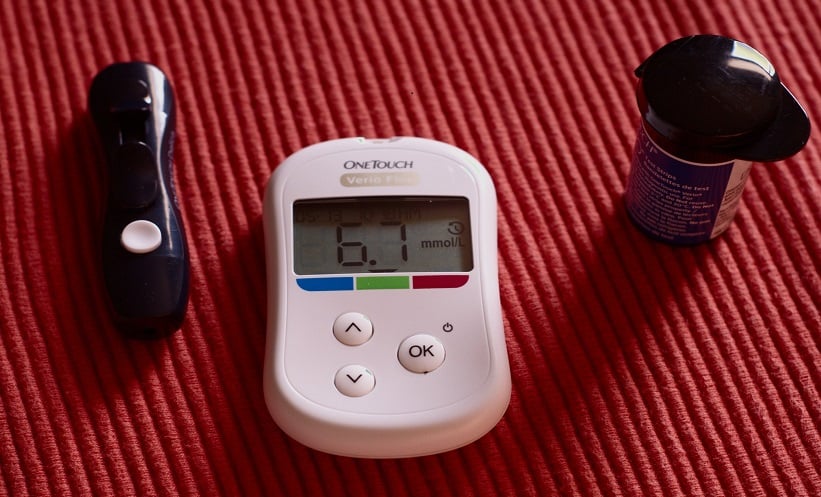SEVERE hyperglycaemia and comorbid infection with the severe acute respiratory syndrome coronavirus-2 (SARS-CoV-2) has been studied in 200 patients by a team at the University of Michigan, Ann Arbor, Michigan, USA.
The hyperglycaemia management team, led by Prof Rodica Pop-Busui, conducted the study following the publication of an article by the American Diabetes Association (ADA) on high blood sugar and its association to poorer outcomes in patients with SARS-CoV-2. It is thought that this is a result of the low-grade inflammation caused by diabetes and hyperglycaemia, which contribute to the inflammation triggered by the virus and lead to insulin resistance and severe hyperglycaemia.
“A recent study has already shown there’s a correlation between well-controlled blood sugar and lower levels of inflammatory markers,” explained Prof Pop-Busui. Following this, there is an increased risk of patients requiring mechanical ventilation, kidney replacement therapy, and vasopressors to counteract the fall in blood pressure.
Prof Busui’s team then developed an algorithmic tool to identify and manage high blood sugar in patients with COVID-19 to categorise hyperglycaemia severity, presence of obesity, insulin resistance levels, kidney dysfunction, and changes to inflammatory markers. The algorithm provides healthcare practitioners with the ability to monitor their patients with diabetes without having to come into close contact, which reduces the amount of personal protective equipment needed by staff, as well as limiting their exposure to the virus.
According to the new protocol, insulin delivery is needed every 6 hours, at which point a nurse will also check in on the patient. Those with severe hyperglycaemia should receive insulin infusions until their levels fall between a normal range. However, first author Dr Roma Gianchandani noted: “A larger, randomised, and controlled study is necessary to determine how this algorithm impacts mortality, time to recovery, the length of intensive care unit stays, and rate of severe complications.”








